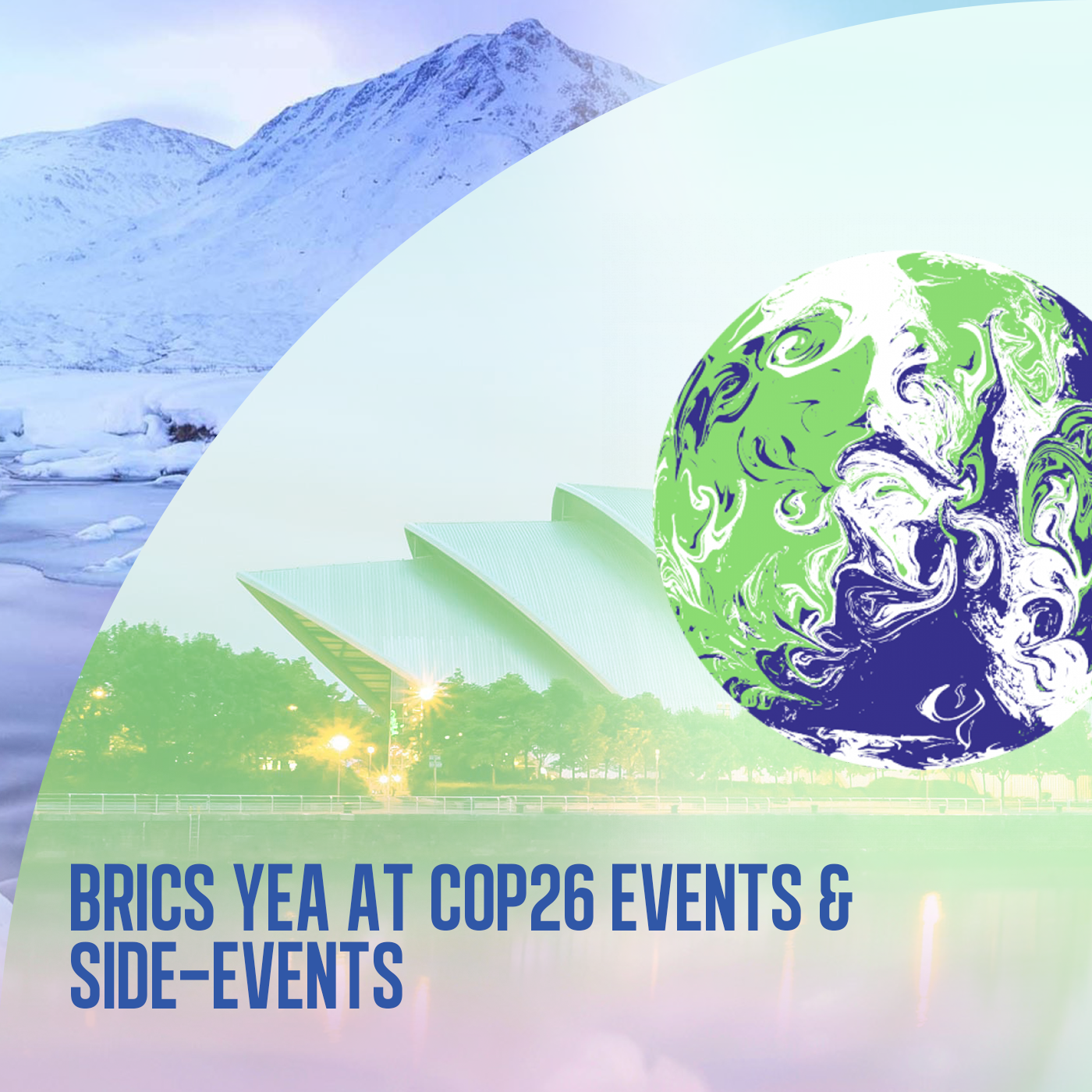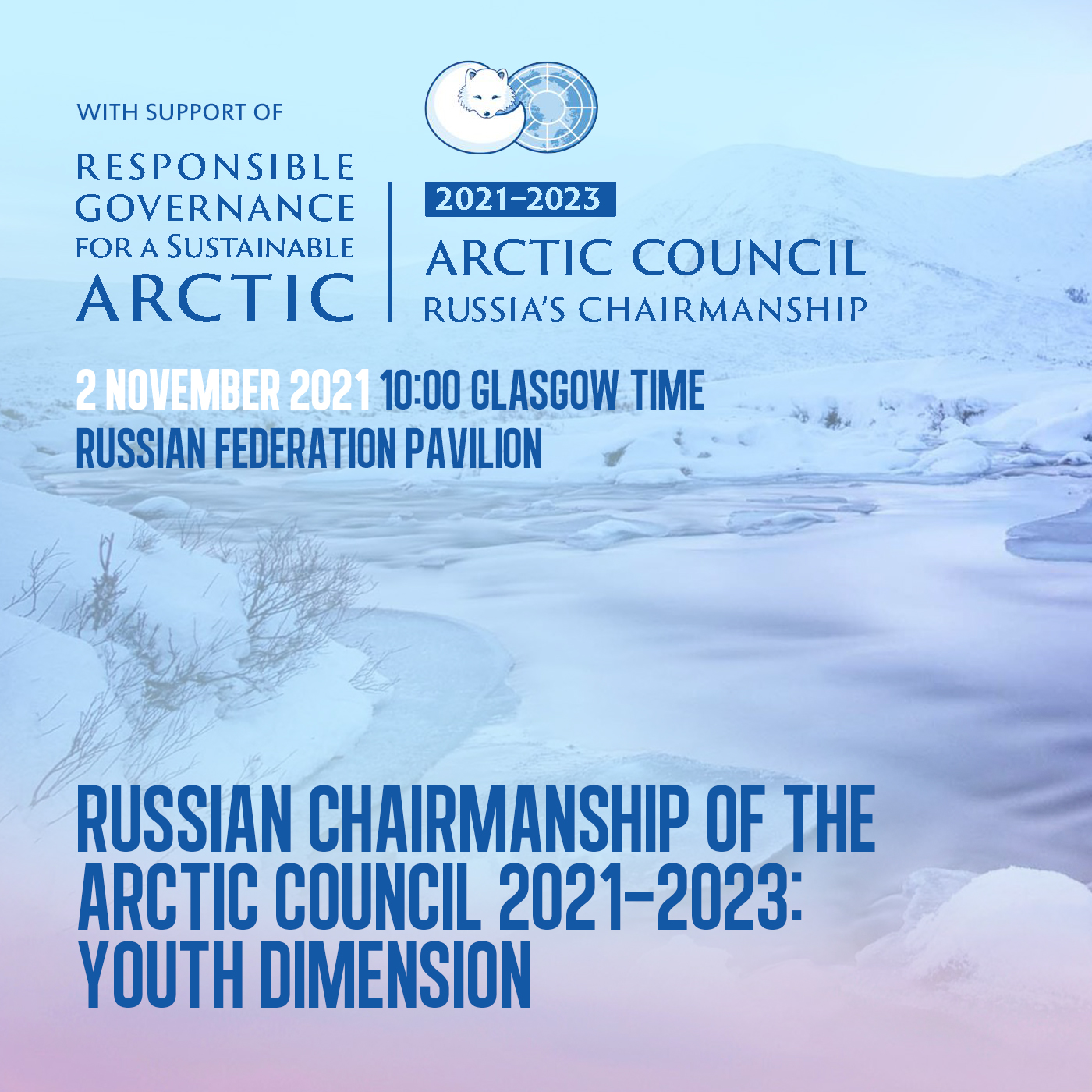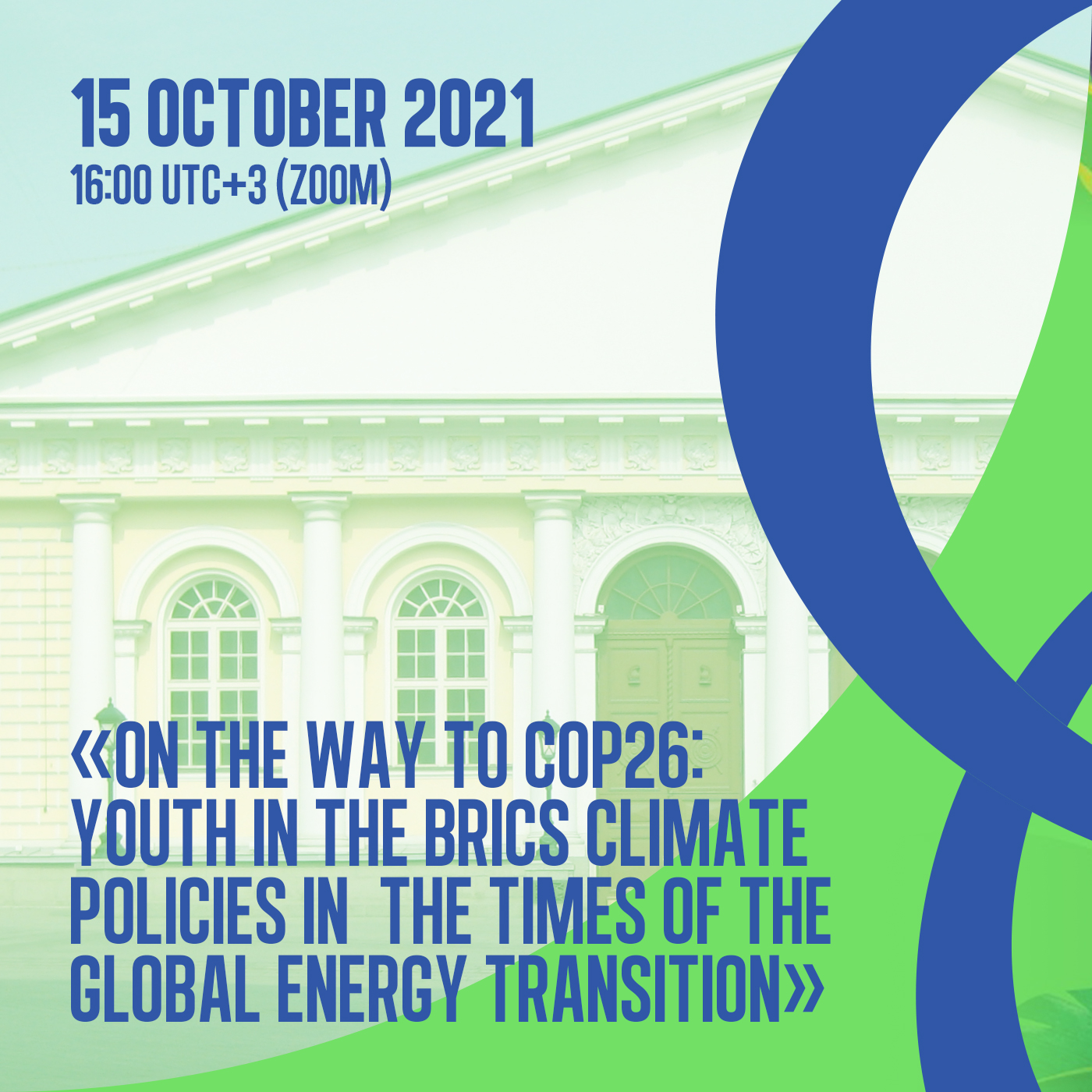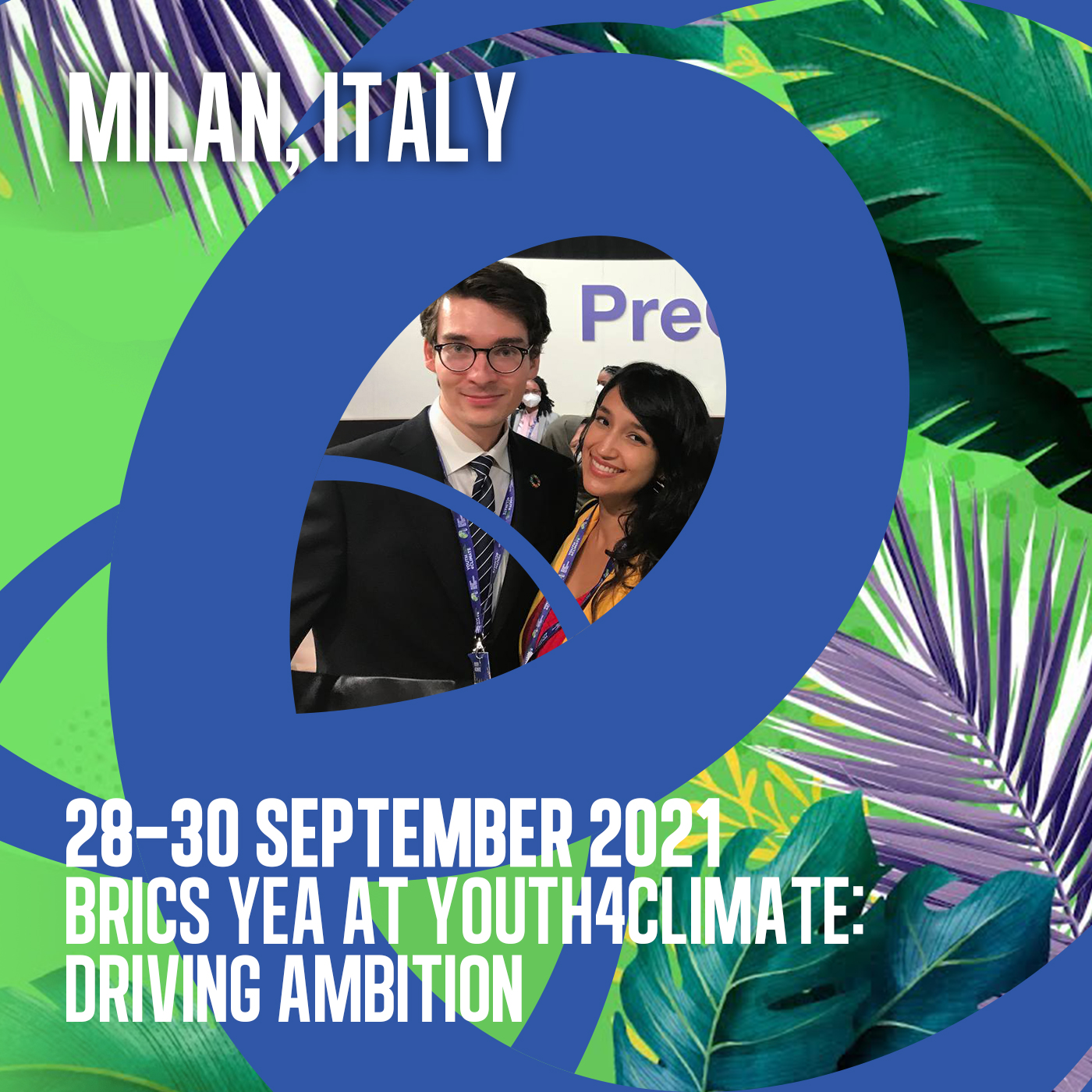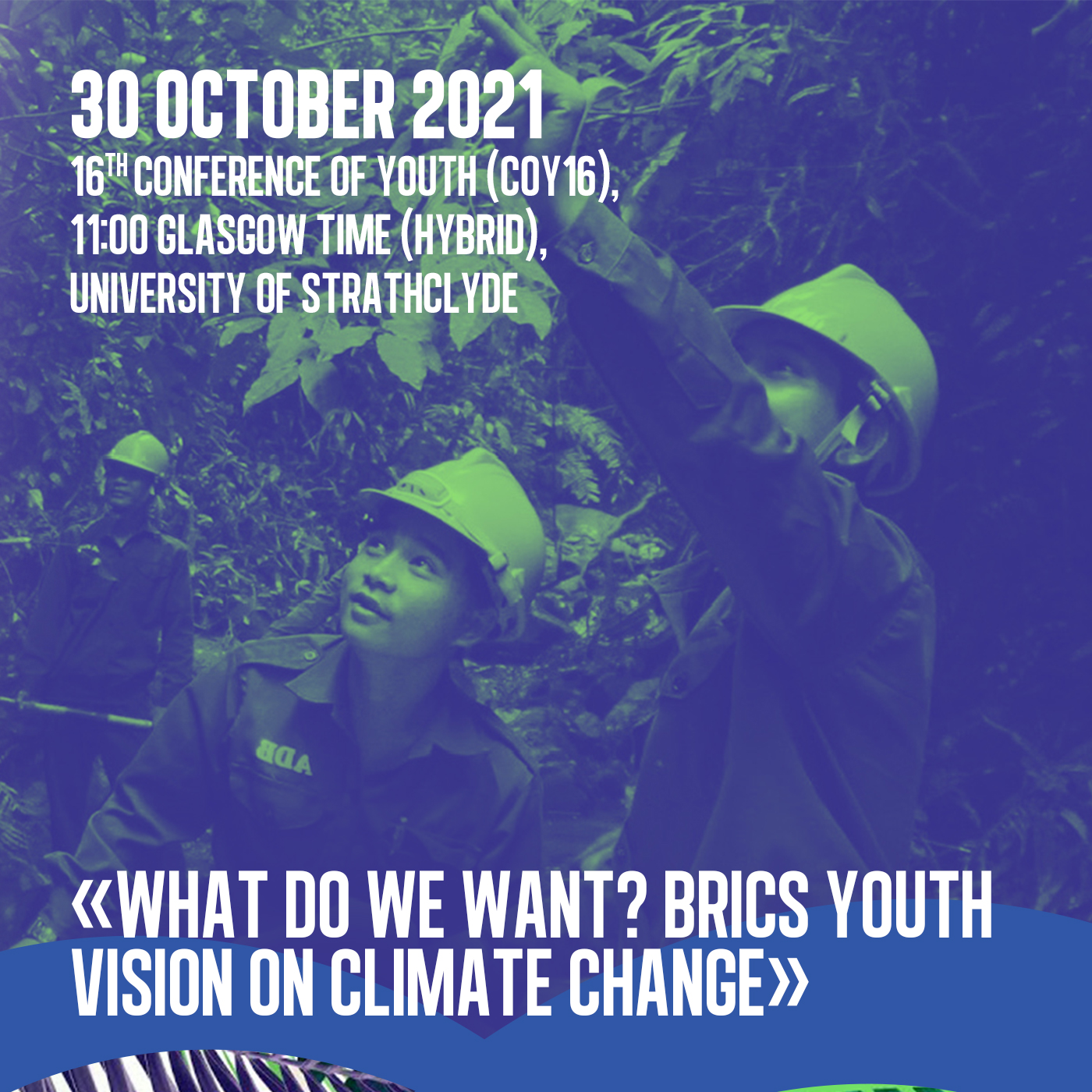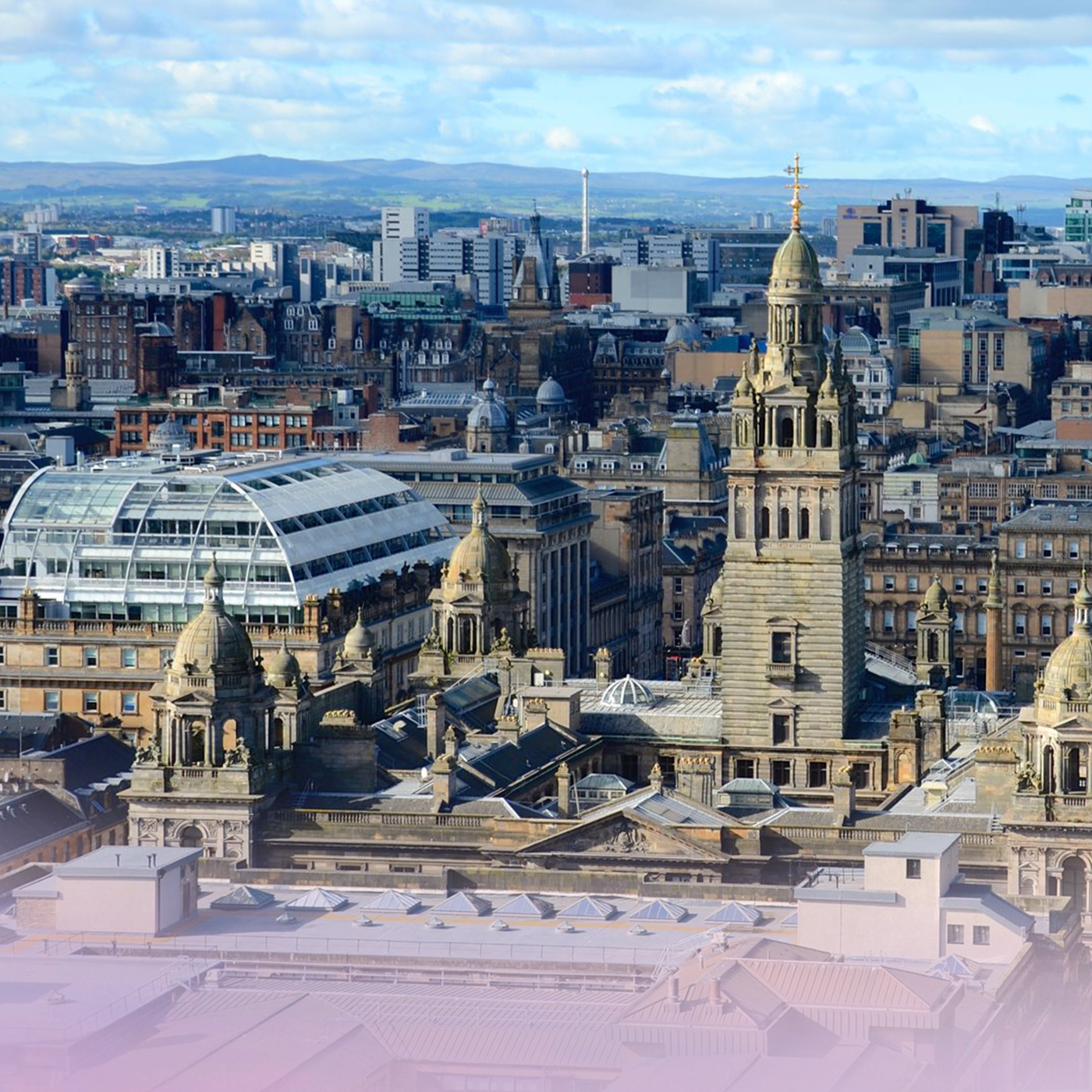Молодёжь в глобальной повестке устойчивого развития.
Наши инициативы.
Последнее обновление: 29 мая 2022 г.
Молодёжь в глобальной повестке устойчивого развития.
Наши инициативы.
Последнее обновление: 29 мая 2022 г.
Платформы ЦУР
Проекты в области устойчивого развития реализуются на базе Платформы ЦУР, действующей в рамках Молодежного энергетического агентства БРИКС.
В основе проектов, которые объединяет платформа, международные молодежные инициативы в области чистой, устойчивой и доступной энергетики, соответствующих ЦУР 7 ООН.
События платформы проходят в рамках ключевых международных событий, таких как COP26, CEM10 и Российская энергетическая неделя. В рамках международных кампаний, таких как #FromBRICSwithSDG, принимают участие известные государственные деятели и эксперты, а также публикуются молодежные доклады.

In 2020, the SDG Platform by BRICS YEA launched a new ambitious initiative – BRICS Sustainable Ideas Bank which was to become the first-of-its-kind comprehensive SDGs depository shaped and driven by BRICS citizens.
The SIB deemed to collect public inputs regarding SDG-related ideas relevant for the BRICS countries and monitor the dynamics of SDG-driven proposals. This was also for amplification of SDG-friendly suggestions and active participation throughout the BRICS states.
The SIB was paused in 2022 due to limitations on server capacities in BRICS YEA’s disposal.
Introduction
As a follow-up to the initiatives that the BRICS Youth Energy Agency and their partners launched on the sidelines of the UN Climate Change Conference COP26 in Glasgow, Great Britain, BRICS YEA is introducing a new project “Uniting the Indigenous Youth: Arctic-Amazon Dialogue”, which represents a mechanism of non-regular consultations between the interested groups of Indigenous youth from the BRICS countries. The establishment of the mechanism stems from the need to integrate the indigenous youth in the climate and energy agenda and enhance cooperation between them and youth organizations globally, as highlighted in Glasgow in November.
At COP26, direct and unprecedented engagement between Indigenous Peoples, local communities and governments helped unlock sustainable and resilient ways to achieve the Paris Agreement commitments and reverse biodiversity decline.
In the Glasgow Climate Pact, the central decision adopted at COP26, governments recognized “important role of Indigenous Peoples, local communities and civil society, including youth and children, in addressing and responding to climate change, and highlighting the urgent need for multilevel and cooperative action”. The Arctic-Amazon Dialogue is following these lines.
Relevance for BRICS
In some of the BRICS countries, the Indigenous Peoples play a crucial role in the stewardship over the majority of the remaining biodiversity. Indigenous peoples and local communities have knowledge and values oriented towards nature and amassed through generations. In Brazil, the Indigenous Peoples of the Amazon are coming to the forefront in protection of the ecosystem of this largest tropical forest in the world, which at the same time is a carbon sink, absorbing the emissions driving the climate crisis. Fighting against deforestation and wildfires, the Indigenous Peoples of the Amazon are protecting the global ecosystem against further warming and cataclysms.
In Russia, the Indigenous Peoples live mostly in the Arctic, which is warming 2-3 times faster than the rest of the world and will witness the most climate change globally this century. Reductions in sea ice during the last several decades have impacted Arctic Indigenous Peoples by forcing them to change their hunting strategies, and by posing serious safety concerns. Indigenous Peoples have lived in the region for thousands of years, accumulating extensive and detailed understanding of the environment and of human relationships with the lands, waters, air, plants, and animals to be found there. Such information is invaluable for its own sake as well as for the depth of time and breadth of coverage that can be found from no other sources. Already suffering from the consequences of climate change, Indigenous Peoples are also interested in sharing their knowledge, and they want to be heard.
Objectives
- The BRICS YEA Arctic-Amazon Dialogue is aimed at integrating the indigenous youth in the climate and energy agenda and enhance cooperation between them and youth organizations globally;
- BRICS AAD recognizes the global interlinked crises of climate change and biodiversity loss, and the critical role of nature-based solutions and ecosystem-based approaches in delivering benefits for climate adaptation and mitigation;
- The Arctic-Amazon dialogue marks a reorientation of policy towards nature to stabilize the global climate system, through engaging with the expertise of indigenous peoples, local communities and their diverse knowledge systems;
- BRICS AAD creates a platform for the sustainable management of biodiversity and traditional knowledge about climate to be passed on to the young people in the respective regions and globally;
- BRICS AAD ensures that the voices of our indigenous youth are at the forefront of BRICS climate change solutions and discussions on how they adapt to climate change.
About the Initaitive
In 2021-2023, the Russian Federation is chairing the Arctic Council, the central forum for international cooperation in the region. Having recently celebrated 25 years of existence, the Arctic Council continues to be effective platform for the interaction between the Arctic states and Indigenous Peoples of the North, as well as experts and scientists from its Working Groups, Observer states and organizations. The Council’s determination to enhance Arctic youth cooperation was enshrined this May in the Reykjavik Ministerial Declaration and Strategic plan. Having put it high on its agenda the Russian Chairmanship is planning a number of events to promote the potential of the Arctic youth, including Indigenous youth, support their access to education, expand international exchange programmes in a wide range of areas, including environmental studies and research.
In the Arctic, climate change is a reality bearing both challenges and opportunities for its inhabitants. How can young people of the Arctic and their vision for the future of the region contribute to the global discussion on climate action? In the framework of this session, there will be a presentation of the upcoming Arctic youth-oriented events and projects in the framework of the Russian Chairmanship of the Arctic Council 2021-2023, as well as a discussion of the prospects of youth cooperation in the Arctic. The event is held with the support of the Chairmanship of the Russian Federation in the Arctic Council.
At COP 26 in Glasgow, BRICS YEA presented a platform for youth cooperation in the field of polar studies and networking during the pioneer event «Russian Chairmanship of the Arctic Council 2021-2023: Youth Dimension», presenting a fresh vision for the future of the Arctic youth cooperation.
We welcome the Arctic youth and all those interested in polar regions to join the initiative!
For more info, please, contact Arsenii.
About #FromBRICSwithSDG
Honoring the 5th anniversary of adoption of the UNFCCC Paris Agreement and of the 2030 Agenda for sustainable development and celebrating the 75th anniversary since establishment of the United Nations, the SDG Platform by BRICS Youth Energy Agency launches a campaign «From BRICS with SDG♡» partnered with the SDG7 Constituency of the United Nations Major Group for Children and Youth. The campaign addresses young people who make a day-to-day change by contributing to achievement of the Sustainable Development Goals. This year the theme of the campaign is Smart and Sustainable cities. Cities need to become sustainable and energy efficient and it is the youth who should take a lead as they are the ones who will be their future residents.
The #FromBRICSwithSDG Campaign 2020 “Smart and Sustainable Cities” had four main steps: guidelines and practices collection via survey, two days of webinars and workshops and the Final event. Main sessions of the 2020 campaign:
Sustainable and Inclusive Municipal Governments and Business
Keynote Speaker – Hon. Ilsur Metshin, Mayor of the City of Kazan, which is considered Russia’s third capital. Mr. Metshin is Chairperson of the United Nations Advisory Committe of Local Authorities (UNACLA)
Environmentally-Friendly and Efficient Transport and Buildings
Keynote Speaker – Prof. Johannes Urpelainen is Director and Prince Sultan bin Abdulaziz Professor of Energy, Resources and Environment at Johns Hopkins School of Advanced International Studies. Prof. Urpelainen is also Founding Director of the Initiative for Sustainable Energy Policy (ISEP)
Final event of the campaign 2020 took place online at the 3rd BRICS Youth Energy Agency Summit (16 October 2020). The final document was handed over to mayors of BRICS countries as part of the BRICS Urban Forum 2020. UNIDO, UN Information Office and Russian UN Association were among those who participated in the Final event
About #FromBRICSwithSDG
Honoring the 5th anniversary of adoption of the UNFCCC Paris Agreement and of the 2030 Agenda for sustainable development and celebrating the 75th anniversary since establishment of the United Nations, the SDG Platform by BRICS Youth Energy Agency launches a campaign «From BRICS with SDG♡» partnered with the SDG7 Constituency of the United Nations Major Group for Children and Youth. The campaign addresses young people who make a day-to-day change by contributing to achievement of the Sustainable Development Goals. This year the theme of the campaign is Smart and Sustainable cities. Cities need to become sustainable and energy efficient and it is the youth who should take a lead as they are the ones who will be their future residents.
The #FromBRICSwithSDG Campaign 2020 “Smart and Sustainable Cities” had four main steps: guidelines and practices collection via survey, two days of webinars and workshops and the Final event. Main sessions of the 2020 campaign:
Sustainable and Inclusive Municipal Governments and Business
Keynote Speaker – Hon. Ilsur Metshin, Mayor of the City of Kazan, which is considered Russia’s third capital. Mr. Metshin is Chairperson of the United Nations Advisory Committe of Local Authorities (UNACLA)
Environmentally-Friendly and Efficient Transport and Buildings
Keynote Speaker – Prof. Johannes Urpelainen is Director and Prince Sultan bin Abdulaziz Professor of Energy, Resources and Environment at Johns Hopkins School of Advanced International Studies. Prof. Urpelainen is also Founding Director of the Initiative for Sustainable Energy Policy (ISEP)
Final event of the campaign 2020 took place online at the 3rd BRICS Youth Energy Agency Summit (16 October 2020). The final document was handed over to mayors of BRICS countries as part of the BRICS Urban Forum 2020. UNIDO, UN Information Office and Russian UN Association were among those who participated in the Final event
Молодежная модель “Глобальная энергетическая устойчивость стран БРИКС” – International Youth Model”Global Energy Sustainability of BRICS Countries» (2019)
Молодежная модель “Глобальная энергетическая устойчивость стран БРИКС” на полях II Саммита МЭА БРИКС в рамках международного форума Российская энергетическая неделя – 2019. Мероприятие было направлено на исследование возможностей сотрудничества стран объединения в области возобновляемой энергетики и энергоэффективности.
Молодежная модель «Устойчивая энергетика федеральных округов РФ» – на полях I Саммита МЭА БРИКС в рамках международного форума Российская энергетическая неделя – 2018.
В Модели приняли участие 8 команд из таких университетов Москвы, как РГУ нефти и газа (НИУ) имени И.М. Губкина, Финансового университета при Правительстве РФ и МГИМО МИД России. Итоги исследования команды оформили в виде дорожных карт. На основе данных Росстата, Минэнерго России, а также научных статей, сборников, монографий и собственных исследований студенты подготовили проекты развития федеральных округов до 2030 года.


